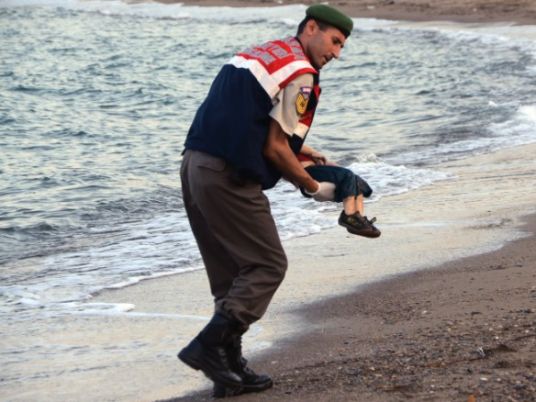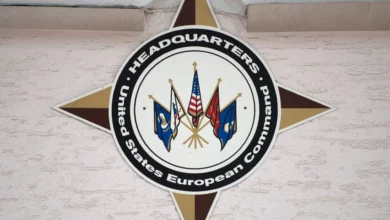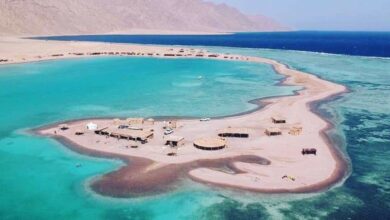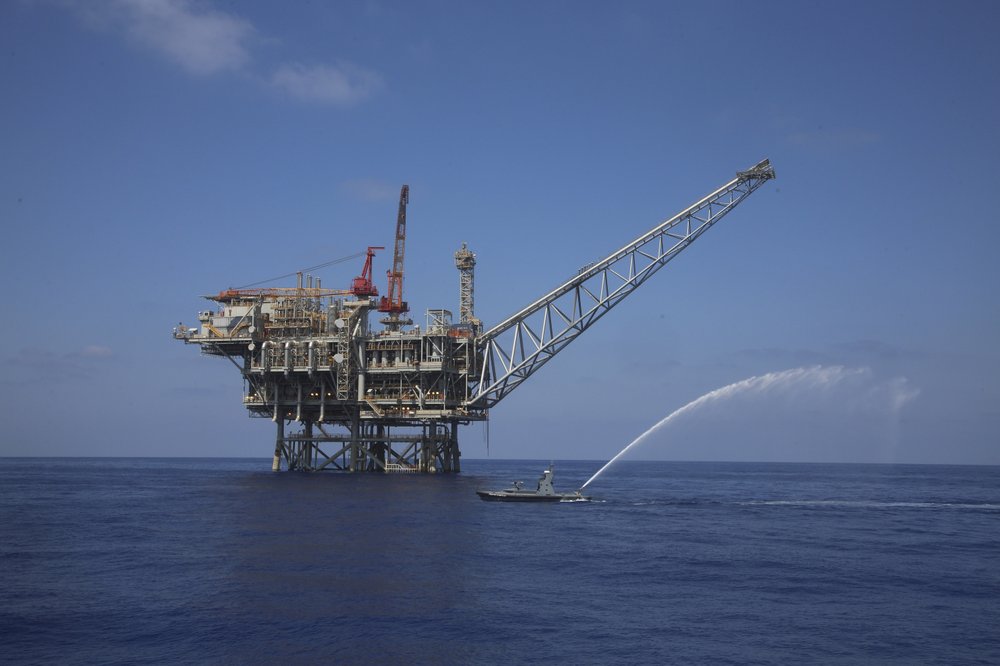
The 3-year-old lies face down, his head to one side with his bottom slightly up — the way toddlers like to sleep.
But the water is lapping around his face and his body is lifeless.
The boy, in a red T-shirt, blue pants and tiny shoes with Velcro straps, was one of 12 people who drowned off Turkey and washed up on a beach Wednesday.
A photo of him lying alone and being approached by an official has been shared widely around the world, often with the Twitter hashtag #KıyıyaVuranİnsanlık or "Flotsam of Humanity" in Turkish.
'No humanity'
Some said they hoped the images of the boy lying on the beach and his limp body being scooped up by a rescue worker could be a turning point in the debate over how to handle the surge of people heading toward Europe.
Nadim Houry, Human Rights Watch deputy director for the Middle East and North Africa, described the pictures as "haunting."
"Biggest indictment of collective failure," he wrote.
The image of the #Syria boy whose body washed up in Bodrum is haunting. Biggest indictment of collective failure. pic.twitter.com/C5Taxumfsw
— Nadim Houry (@nadimhoury) September 2, 2015
"Shame on the world!" Burhan Akman tweeted from Turkey, adding in another post, "I see human but no humanity."
I see human but no humanity #KıyıyaVuranİnsanlık
— Burhan Akman (@buraakman) September 2, 2015
The boy and his family were Kurds from Syria trying to reach family in Vancouver, British Columbia, CNN partner CTV reported.
Three members of one family died: The boy, Aylan Kurdi, 3; his brother, Galip, and their mother, Rehen, according to Fin Donnelly, a Canadian member of parliament.
Turkish rescue teams were able to save some people aboard the boats, the governor's office said. Two men and a child who were traveling in the group are missing.
More than 2,600 people have died trying to cross the Mediterranean to Europe this year alone — making the area the most deadly migrant crossing point in the world, according to the International Organization for Migration, which warned last month that the number of deaths was soaring.
Nearly three quarters of the world's total number of migrant deaths this year have occurred in the Mediterranean, according to the IOM. And the number of deaths in the region so far this year (2,643) is nearly 20% higher than last year (2,223).
Some have drowned. Others have been crushed in stampedes. And some have been asphyxiated by boat engine fumes.
"In the last few weeks we have seen many deaths," Federico Soda, IOM's director for the Mediterranean region, said last week. "We think that this may be explained by the fact that the smugglers are becoming increasingly violent and cruel."
Crisis spurs varied responses
More than 350,000 people have arrived in Europe so far this year, seeking sanctuary from war or persecution or poverty or just seeking a better life.
There's been a wildly different response from governments and citizens, some wanting to take people in, others shutting them out.
"I react with terrible frustration," United Nations High Commissioner for Refugees Antonio Guterres told CNN Wednesday when asked about his response to the image of the toddler found dead on the Turkish beach.
"These people are forced to go on boats, they pay 4,000 or 5,000 euros and they die in these desperate circumstances. This doesn't make sense," he said. "We need to have a coherent response to this situation, and in my opinion, only Europe as a whole, based on solidarity, can give that response."
“If you are in Cairo, and take a low cost airline to anywhere in Europe, you can travel for €40 or €50. These people are…
Posted by Hala Gorani on Wednesday, September 2, 2015
Hungarian Prime Minister Viktor Orban plans to meet with other members of the European Union on Thursday to figure out how to cope with the emergency. His nation — a transit point for migrants trying to make their way north — has responded by erecting a fence along its border with Serbia.
In Germany, the interior minister will address Parliament, after a planned asylum center was burned down.
The European Union foreign policy chief, Federica Mogherini, urged "united" action Wednesday and said the issue will be part of the next EU foreign ministers meeting on Friday and Saturday.
Czech authorities said Wednesday they've started to remove migrants traveling without documentation from trains. In some instances, Czech police have been marking and numbering the migrants with washable ink.
"We cannot let people without any documents and identification travel through the Czech territory. We have to question them. It's our legal obligation," said Katerina Rendlova, a Czech immigration official. "I know other states are not doing it, letting them pass freely to the next country, but we have laws that don't allow us to do it."
Caught in the middle are the desperate men and women, many with children in tow, who are fleeing in overcrowded, sometimes deadly voyages by land and by sea.




